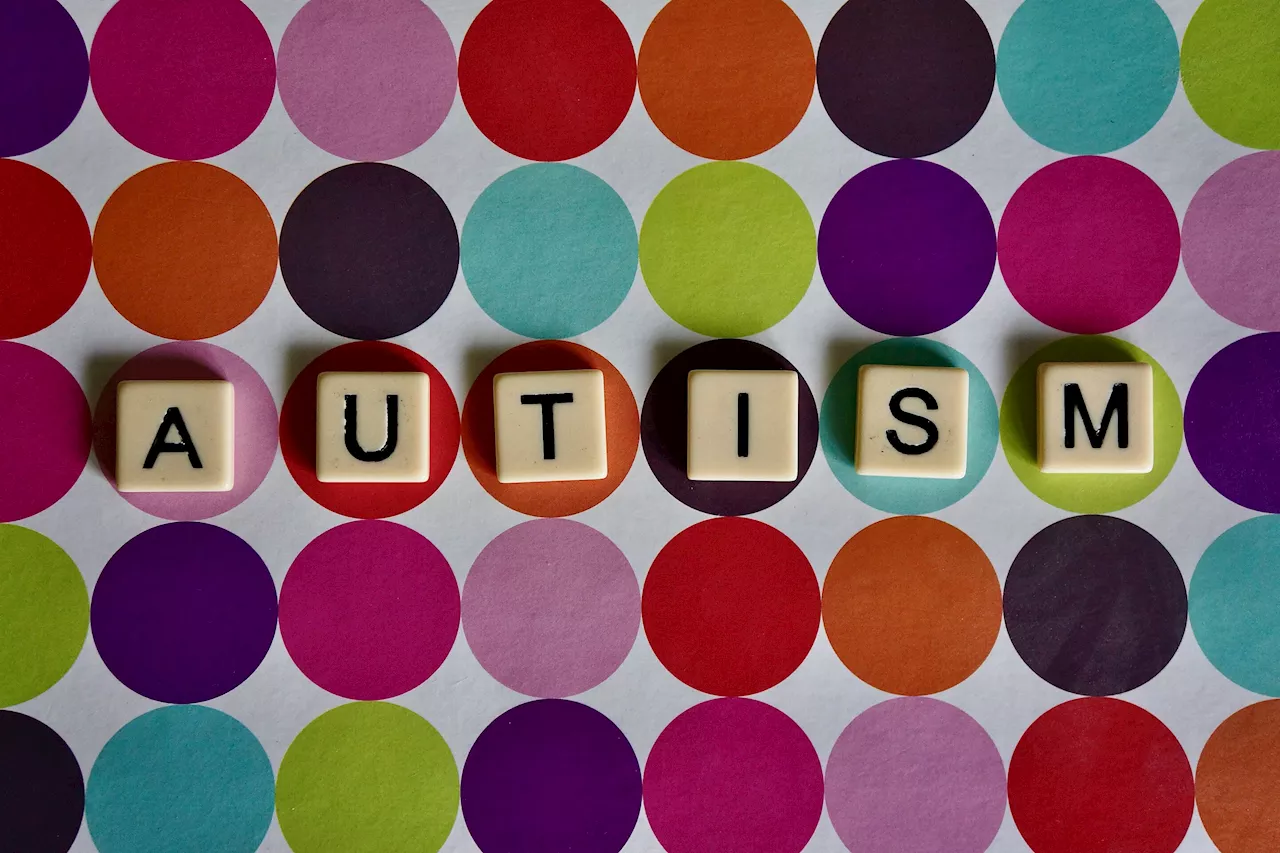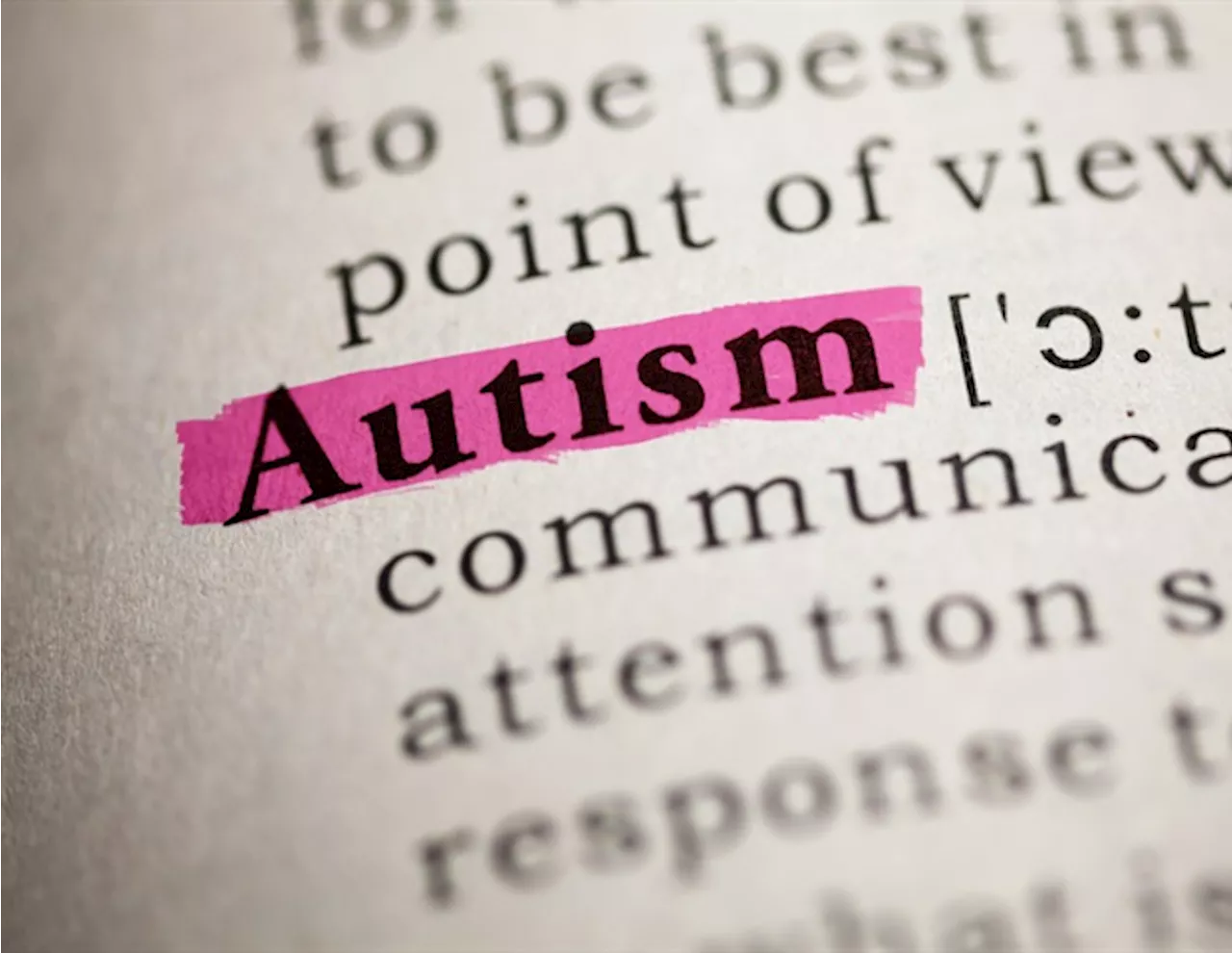Autism is the most common neurodevelopmental disorder in the U.S., affecting an estimated one out of 36 children.
May 22 2024Thomas Jefferson University Most people with autism experience unique sensory features such as differences in reactivity to touch, sounds, and sights or difficulty managing multiple sensory inputs at the same time.
These sensory differences can make the healthcare environment -; often characterized by fluorescent lights, idle waiting rooms and uncomfortable pokes and prods -; difficult to navigate, preventing children with autism from getting the care they need. To change that, occupational therapists Roseann Schaaf, PhD, and Lady Rios-Vega, OTD, are working with Dr. J.
Using the creative problem-solving framework of design thinking, Drs. Rios-Vega, Fields and Schaaf analyzed healthcare environments and met with parents of autistic children, healthcare professionals and designers to collaboratively brainstorm how the experience could be improved. They emerged with new ways to make healthcare environments more friendly for autistic children with sensory differences. One is to include a "sensory adaptive environment," an area near the waiting room with varied sensory zones, with features like rocking chairs and activities for children who need more sensory stimulation and features like bean bags and weighted blankets for children who need to relax. Drs.
This project is one step closer to helping children with autism participate in healthcare more comfortably, more successfully." As a continuing collaboration with the Jefferson Autism Center of Excellence, the researchers are also working on studies focusing on the barriers to service access for Black, Hispanic, and Latino autistic children and their families, engagement of minoritized communities in research and culturally sensitive interventions. Journal reference:Rios-Vega, L., et al. .
Healthcare Children Psychology
United Kingdom Latest News, United Kingdom Headlines
Similar News:You can also read news stories similar to this one that we have collected from other news sources.
 Pathfinders for Autism helps people with autism, families navigate diagnosisOne of Rebecca Rienzi's favorite stories to tell about Pathfinders for Autism—the Baltimore County nonprofit where she has been executive director since 2010—happened at the National Aquarium in the Inner Harbor.
Pathfinders for Autism helps people with autism, families navigate diagnosisOne of Rebecca Rienzi's favorite stories to tell about Pathfinders for Autism—the Baltimore County nonprofit where she has been executive director since 2010—happened at the National Aquarium in the Inner Harbor.
Read more »
 Therapist shares top five most common early-on signs of autism in toddlersAn autism assessor has shared the most common signs of autism he sees in toddlers that includes issues with communication and delayed speech.
Therapist shares top five most common early-on signs of autism in toddlersAn autism assessor has shared the most common signs of autism he sees in toddlers that includes issues with communication and delayed speech.
Read more »
 Toryglen teen buzzes after grappling with wrestling heroes in match of the nightPaul, who has autism, won his second professional wrestling match alongside his heroes.
Toryglen teen buzzes after grappling with wrestling heroes in match of the nightPaul, who has autism, won his second professional wrestling match alongside his heroes.
Read more »
 Gene linked to epilepsy and autism decoded in new studyA genetic change or variant in a gene called SCN2A is a known cause of infantile seizures, autism spectrum disorder, and intellectual disability, as well as a wide range of other moderate-to-profound impairments in mobility, communication, eating, and vision.
Gene linked to epilepsy and autism decoded in new studyA genetic change or variant in a gene called SCN2A is a known cause of infantile seizures, autism spectrum disorder, and intellectual disability, as well as a wide range of other moderate-to-profound impairments in mobility, communication, eating, and vision.
Read more »
 Study reveals how genetic changes in SCN2A gene impact autism and epilepsyA genetic change or variant in a gene called SCN2A is a known cause of infantile seizures, autism spectrum disorder and intellectual disability, as well as a wide range of other moderate-to-profound impairments in mobility, communication, eating and vision.
Study reveals how genetic changes in SCN2A gene impact autism and epilepsyA genetic change or variant in a gene called SCN2A is a known cause of infantile seizures, autism spectrum disorder and intellectual disability, as well as a wide range of other moderate-to-profound impairments in mobility, communication, eating and vision.
Read more »
 'Reading' autism symptom in girls as cases often go overlookedMore than one in 100 people in the UK are on the autism spectrum
'Reading' autism symptom in girls as cases often go overlookedMore than one in 100 people in the UK are on the autism spectrum
Read more »
